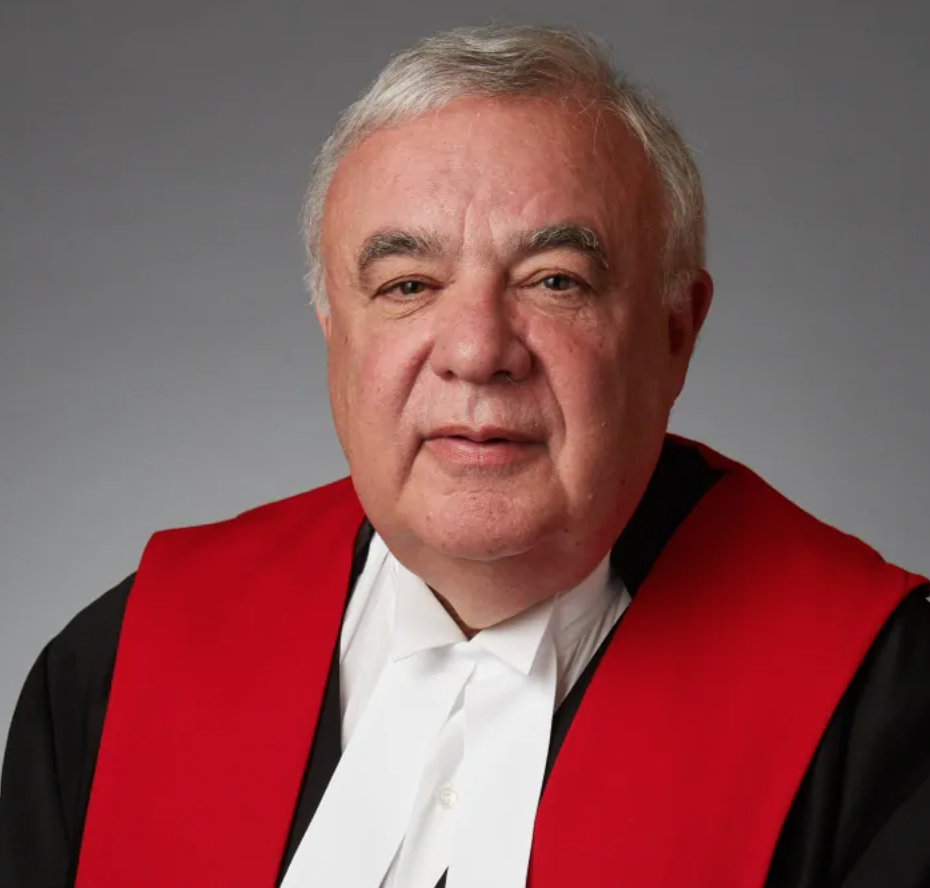Junkies are nearly as oppressed as trannies and niggers.
For an NDP government that was looking to take a public stand against rising rates of drug-related disorder, the “playground” amendment was arguably among the least controversial things they could have done.
B.C. was already nine months into an unprecedented pilot project to decriminalize personal amounts of illicit drugs. Fentanyl, heroin, cocaine, meth, MDMA; so long as it was only 2.5 grams, by federal exemption it was now legal to possess illicit drugs basically anywhere in British Columbia.
The “playground” amendment — enacted on Sept. 18 — dialled it back ever so slightly. You could still possess illicit drugs without consequence, but you couldn’t do it within 15 metres of a playground, skate park or “outdoor spray pool or wading pool.” Schools and “child care facility premises” had already been written into the original decriminalization order.
According to the official text of the Restricting Public Consumption of Illegal Substances Act, police were officially discouraged from arresting violators, and if anyone was found using drugs in child-centric areas, officers were instructed to “direct” them elsewhere.
That’s very authoritarian by Canadian standards.
But in an injunction issued just before the end of 2023, the B.C. Supreme Court ruled that even this most delicate check against public drug use was a violation of the Charter of Rights and Freedoms.
In a Dec. 29 injunction, B.C. Supreme Court Chief Justice Christopher Hinkson ruled that it would impose “irreparable harm” if drug users were warned away from public areas — even if that came at the expense of public parks filled with biohazardous drug paraphernalia and other “social harms” such as “unpredictable behaviour.”
“I … accept that the attendant public safety risks are particularly concerning given that many of the restricted areas and places in the Act are frequented by seniors, people with disabilities, and families with young children,” wrote Hinkson.

This fat fuck thinks he’s doing you a favor
Nevertheless, he concluded that given the severity of the overdose crisis, those concerns had to take second place.
“I am satisfied that the suspension of the Act … can be properly characterized as a substantial public benefit,” he wrote.
It’s just a temporary injunction until March 31, but the entire decision was premised on Section 7 of the Charter of Rights and Freedoms. In essence, Hinkson ruled that B.C.’s attempt to restrict open drug use in public areas was a violation of “the right to life, liberty and security of the person.”
This, in turn, was premised on Hinkson accepting the assertion by the plaintiff — the Harm Reduction Nurses Association — that any restriction on drug use in public areas would prompt “lone drug use” and increase the number of British Columbians dying from fatal overdoses.
“It is apparent that public consumption and consuming drugs in the company of others is oftentimes the safest, healthiest, and/or only available option for an individual,” he wrote.
According to the decision, the counter-argument provided by lawyers acting for the Province of B.C. was that the Harm Reduction Nurses Association was mostly making its case with “anecdotal evidence, unsubstantiated conclusory statements” and “layers of unattributed hearsay.”
Hinkson accepted that this might be true, so he instead based his “irreparable harm” conclusions largely on the assertions of a 2022 Death Review Panel by the B.C. Coroner Service.
The B.C. Coroner Service has long been a vocal advocate of harm reduction, including a vast ramp-up in the province’s “safer supply” initiative. Hinkson cited their assertion that “criminalizing drug use behaviour ensures an ongoing public perception that it is deviant and shameful, creating a barrier to people seeking the support they need as well as requiring people to hide their needs for fear of criminal sanctions.”
“Given the evidence before me, I find that there is a high degree of probability that at least some of the harm set out by the plaintiff will in fact occur,” he wrote in a conclusion.
At its unveiling, the “playground” amendment was endorsed by some of the province’s most emphatically pro-harm reduction municipal leaders, including Victoria Mayor Marianne Alto. “As the longer-term effects of decriminalization are assessed … it’s important to consider and take steps that specifically protect children,” she said in a statement at the time.
The context for the amendment was the fast-rising appearance of tent cities across B.C., and mounting reports of drug-related crime and disorder around such sites.
This is no doubt going to be a boon to the city.
Tourists love this kind of vibrancy.
Families take a look at these scenes, and it gives them fond memories they’ll cherish for the rest of their lives.
Just part and parcel of living in utopia
You throw in a couple million refugees from Sierra Leone, and you’ve got yourself a city in competition with Disneyland for “the happiest place on earth.”
One of the main supporters of decriminalizing drugs is an NGO called Pivot Legal Society, which is staffed by the exact kind of people you’d expect it to be
